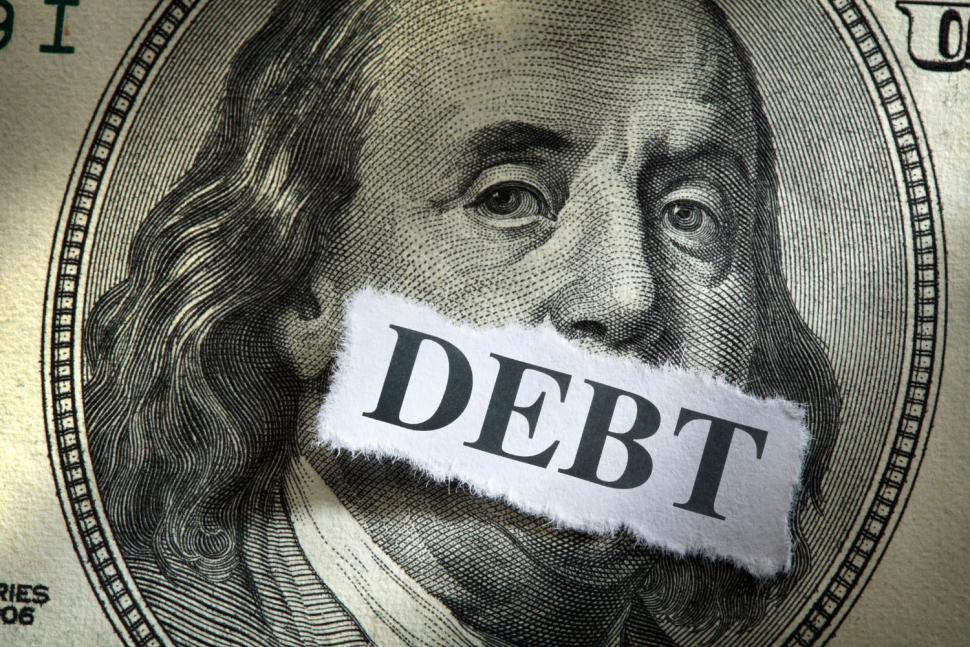 There are two types of accounts you’ll be dealing with when trying to protect your credit in a divorce: secured and unsecured. Both are handled very differently during a divorce. Click here to read about unsecured debt. Secured accounts are all accounts that have an asset attached to them, such as a mortgage or a car loan.
There are two types of accounts you’ll be dealing with when trying to protect your credit in a divorce: secured and unsecured. Both are handled very differently during a divorce. Click here to read about unsecured debt. Secured accounts are all accounts that have an asset attached to them, such as a mortgage or a car loan.
Here are my suggestions for the best ways to minimize or eliminate any damage to your credit from secured accounts during a divorce:
- SELL IT: This is the safest and best option. You sell the asset, pay off the loan in full, wipe the slate clean and move on.
- REFI IT: If the spouse who has responsibility can qualify for a refinance in their own name, or they have a family member who can assist them with the loan, you can have them buy you out completely and you can walk away without obligation and get your name removed from the account.
- BE CAREFUL: The least desirable option is to keep your name on the loan with certain terms and conditions. This option leaves your credit vulnerable to the responsible spouse’s actions going forward. A late payment or a default on the loan will damage your credit.
SOME IMPORTANT TIPS THAT WILL HELP:
- MAKE SURE THE BILLS GET PAID-NO MATTER WHAT THE JUDGE SAYS: Regardless of what the divorce decree stipulates, it does not override your account agreements with your creditors. Both spouses are liable and responsible for joint debt regardless of who the judge orders to pay the bill. If the bills are not paid and an account defaults, both spouses can be sued, and both spouses can have their wages garnished. Most late pays occur during the divorce negotiations phase. Don’t allow this happen. One 30 day late can drop your score anywhere from 25-75 points, and it takes months to gain those points back.
- PROTECT YOURSELF IN JOINT ACCOUNT SITUATIONS: The best way to handle joint accounts is to eliminate such accounts whenever possible. Because joint accounts are approved using the information from both spouses’ credit reports, a creditor will not remove one spouse’s name from an account regardless of the presence of court documents declaring a specific spouse responsible for payment and upkeep.
- IF YOU DECIDE TO LEAVE YOUR NAME ON A SECURED LOAN ACCOUNT, BE SURE THAT YOUR NAME REMAINS ON THE TITLE: Once your name is removed from the title, you no longer own the asset. This means that if the responsible spouse defaults on the loan, and you have to pay it, you’ll be paying for something that you no longer own.
FINALLY, putting the action plan to work as early in the divorce process as possible will ensure your credit will be protected to the greatest extent possible. Decisive, quick action will empower you to move forward.
Protecting your credit is crucial to making sure that you start off on the right foot when you’re ready to move on with your life after your divorce.
FREE E-BOOK: Help for Divorcing Homeowners
We know divorce hurts, but we can help you through this part.
We’ve experienced the dilemmas of divorce and the tough decisions it forces us all to make.
Fortunately, we also know how to successfully sell homes.
We’ve taken our experiences and put together this free E-Book for divorcing homeowners.
It has information and helpful tips about dealing with one of life’s biggest assets during one of life’s hardest times.

